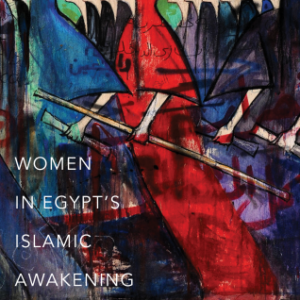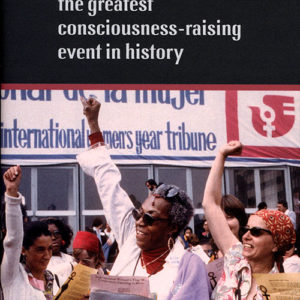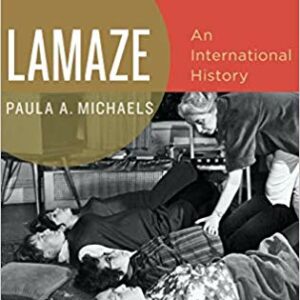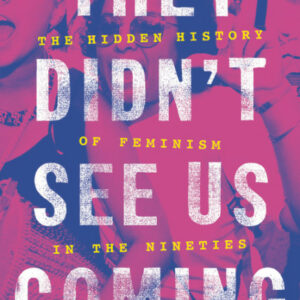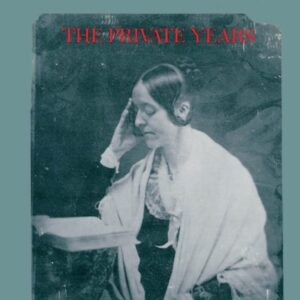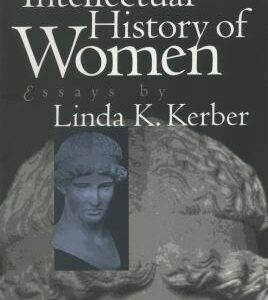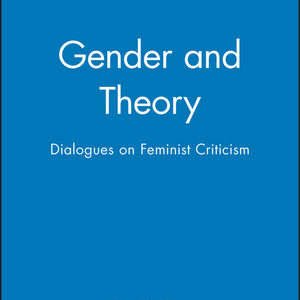
Gender and Theory: Dialogues on Feminist Criticism
Edited by Linda S. Kauffman (NHC Fellow, 1983–84) The political force of feminism cannot be separated from the theories which give it that force. an effective feminist literary criticism must negotiate its relationship to the dominant male voice of traditional practices. Can it change that voice for new ends, or is it robbed of purpose … Continued
